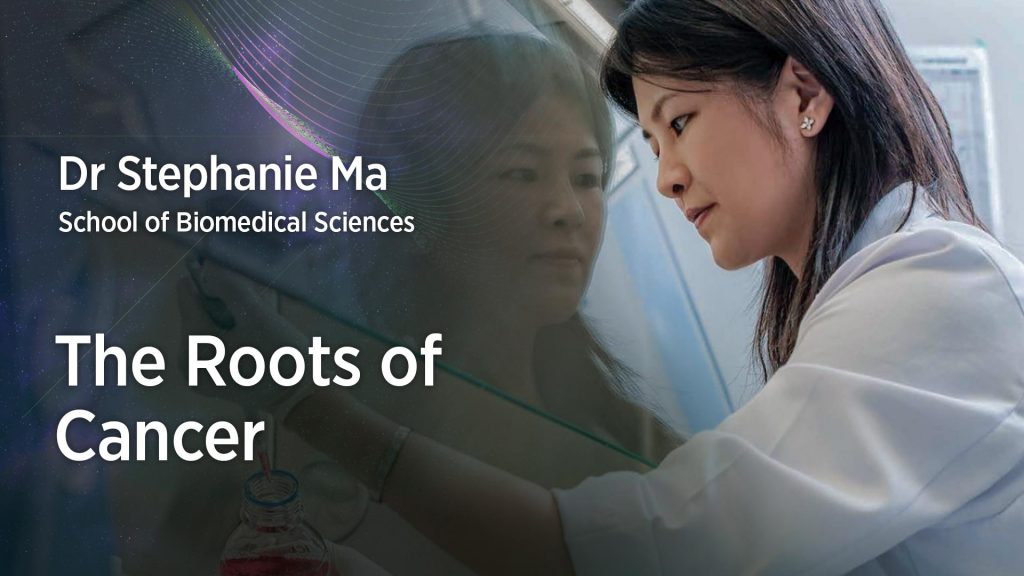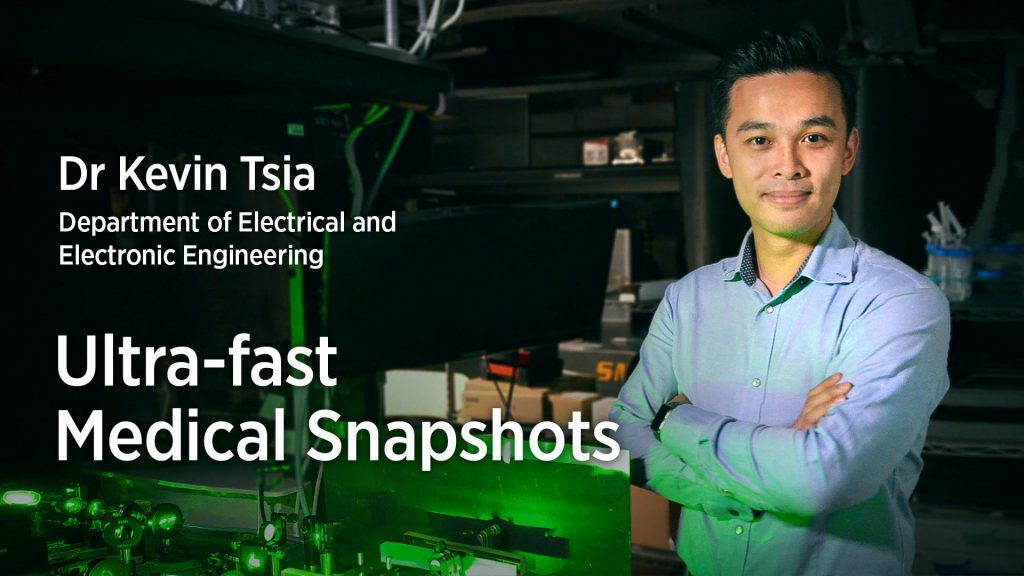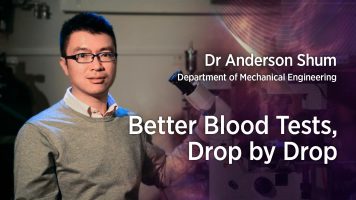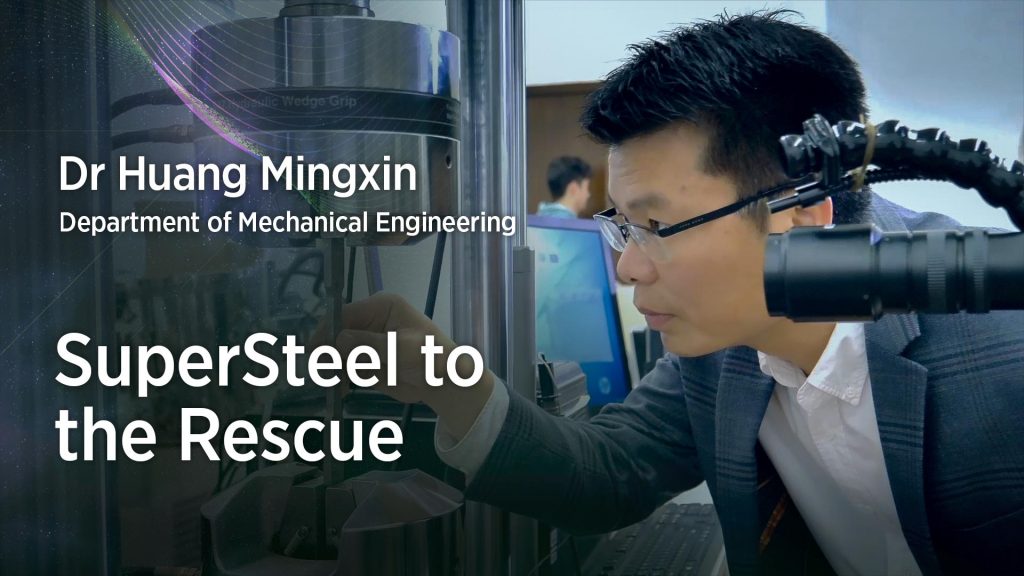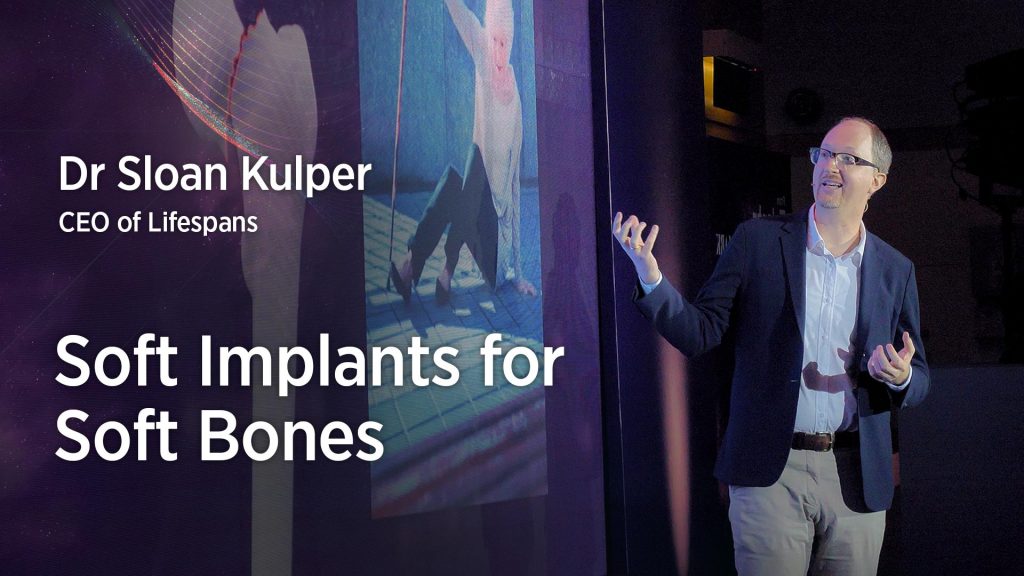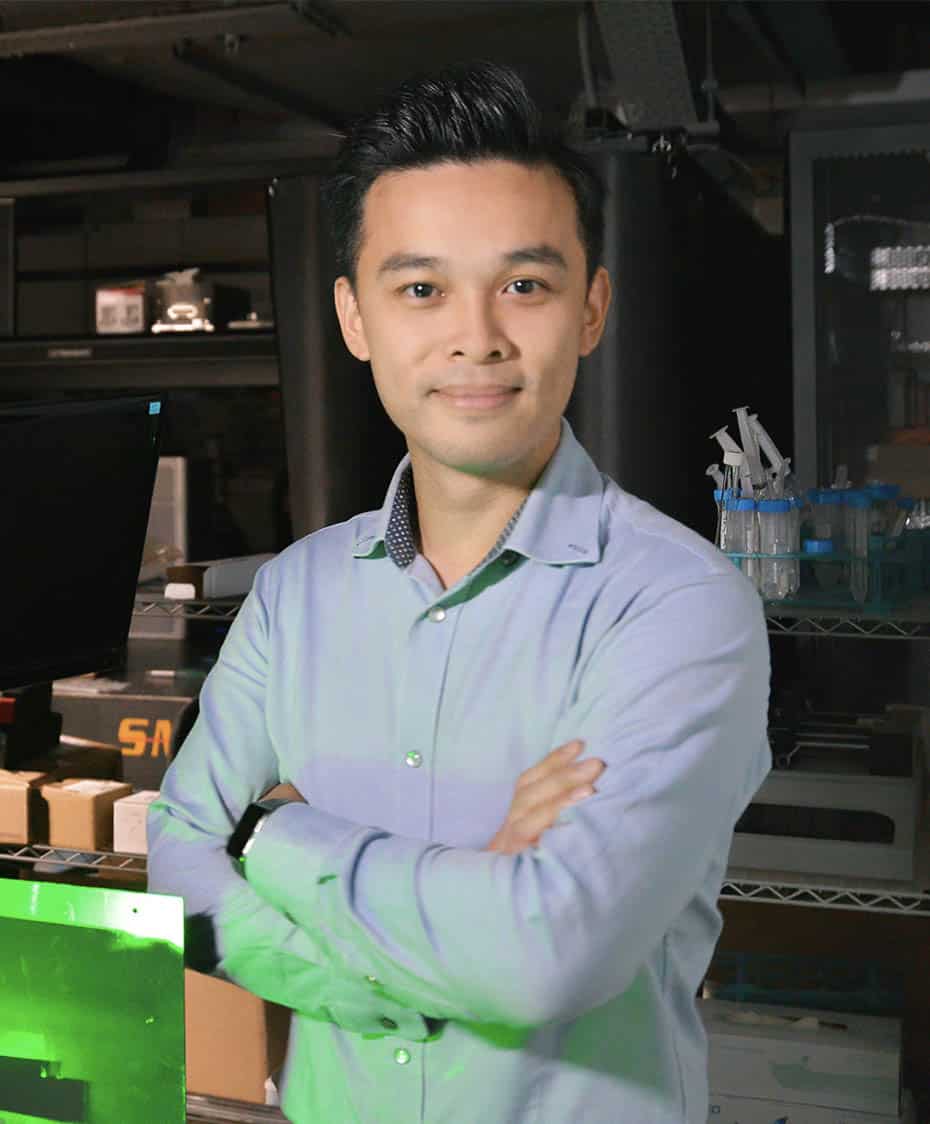Ultra-fast Medical Snapshots
Programme Director, Biomedical Engineering Programme
Associate Professor, Department of Electrical and Electronic Engineering
Founding Member, The Hong Kong Young Academy of Sciences
Think about how quickly smartphone technology has improved in the past decade – from taking dark and blurry snapshots, to lengthy high-quality videos.
Now imagine a scientific camera 100 times faster than the best smartphone. Then imagine making that camera even faster and more precise, so that medical researchers can use it to minutely study cells.
That is what Dr Tsia aims to achieve with his innovative laser-scanning technique, called FACED.
One application for FACED is in the detection of cancer cells – which can be very challenging, as there are sometimes only a few cancer cells hidden amongst billions of blood cells.
Conventionally, chemical methods are used to label and detect cancer cells, via procedures that can be costly, laborious and time-consuming.
However, combined with new technology like AI, FACED can now be used to create a “catalogue of features”, for an intelligent imaging method to identify cells. This is similar to a smartphone using facial recognition software to automatically sort between snapshots of, say, your mother or your best friend.
Working with medical collaborators, Dr Tsia’s team found that their new intelligent imaging method correctly identified cancer types and sub-types with more than 90% accuracy.
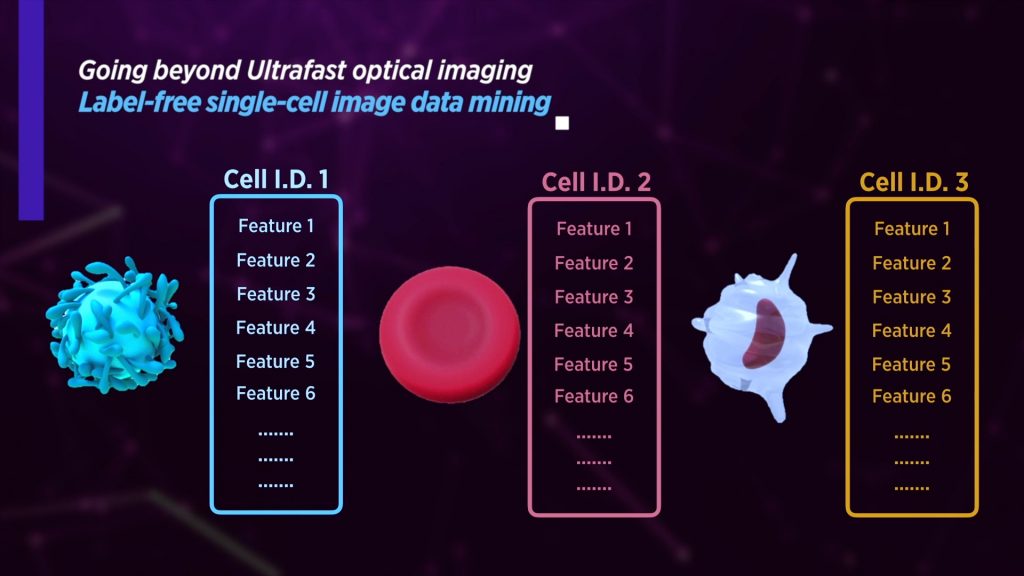
What next?
The US National Institutes of Health’s BRAIN Initiative Fund has granted more than US $2 million to a project led by Dr Tsia and Professor Na Ji at the University of California, Berkeley. They aim to develop a new type of brain imaging platform based on Dr Tsia’s FACED technique. Dr Tsia hopes that, in the future, this technology can “catalyse innovative neuroscience breakthroughs.”
Closer to home, Dr Tsia’s team recently started pilot clinical trials for breast and lung cancer screenings at Queen Mary Hospital, HKU’s main teaching hospital. “This project has the unique potential to redefine how we practice cancer screening and treatment monitoring.”

